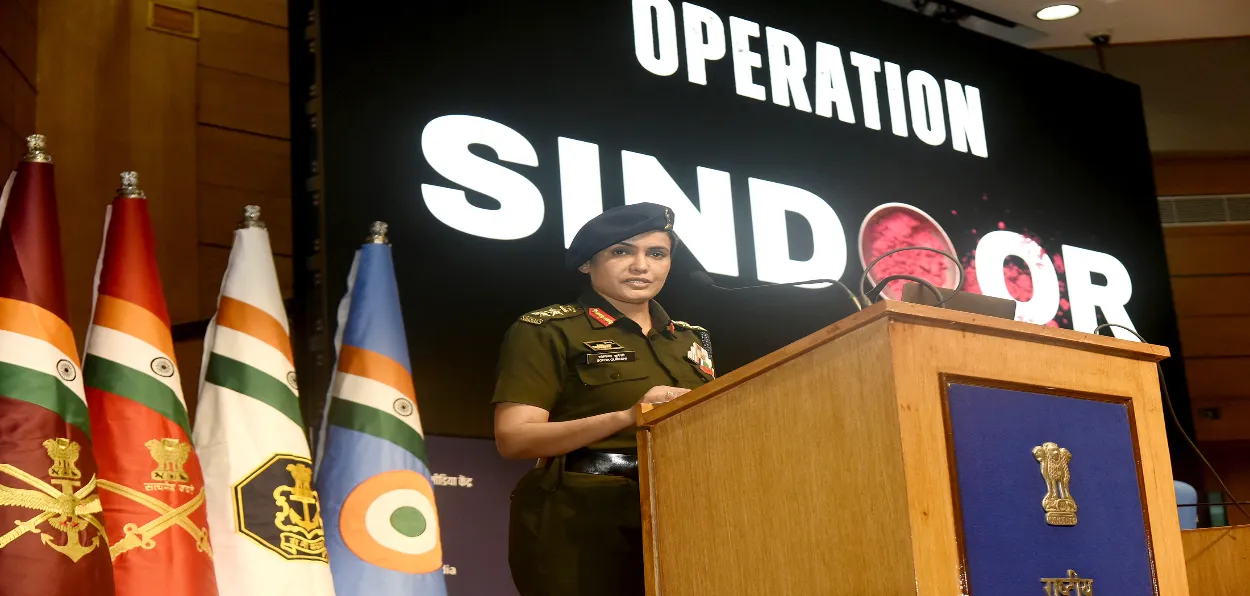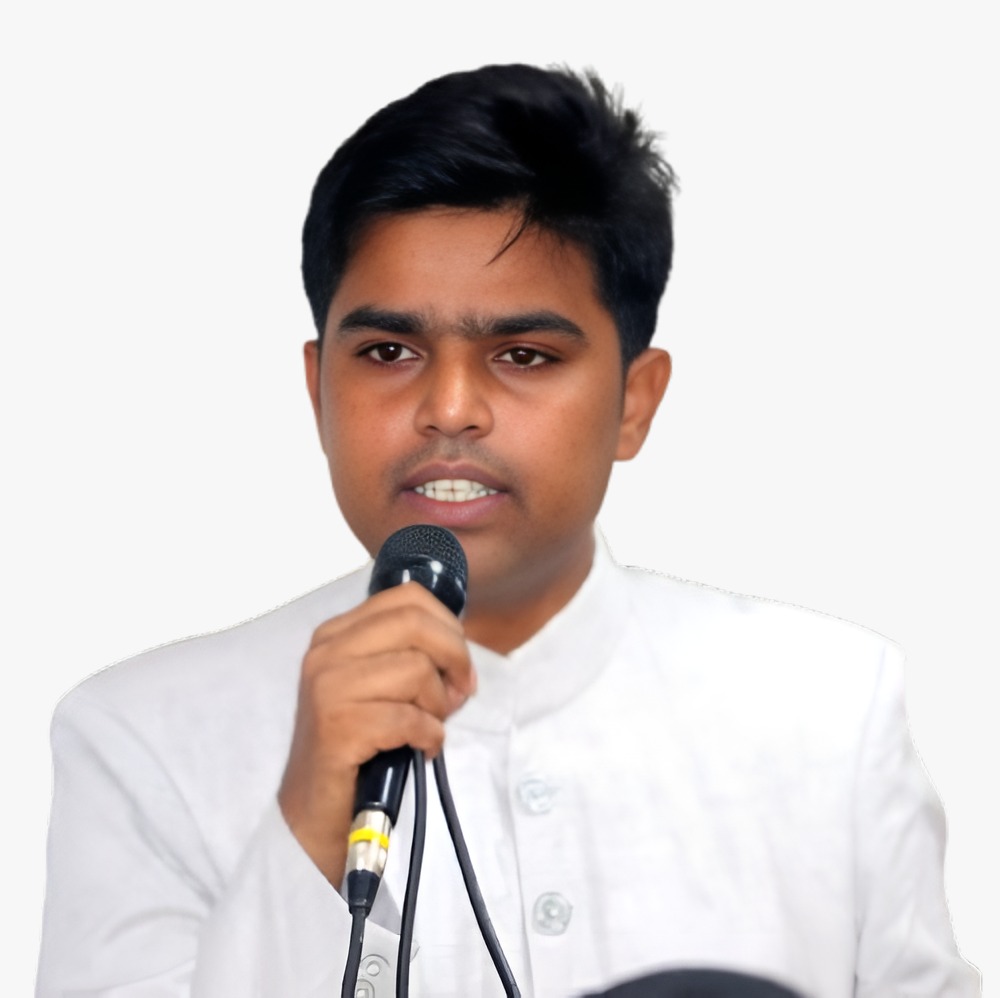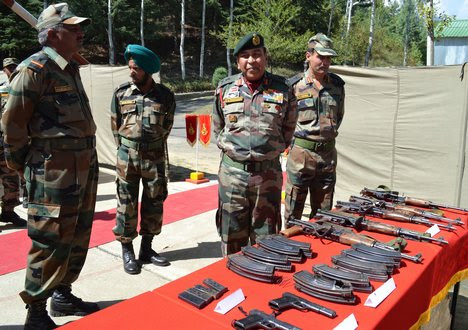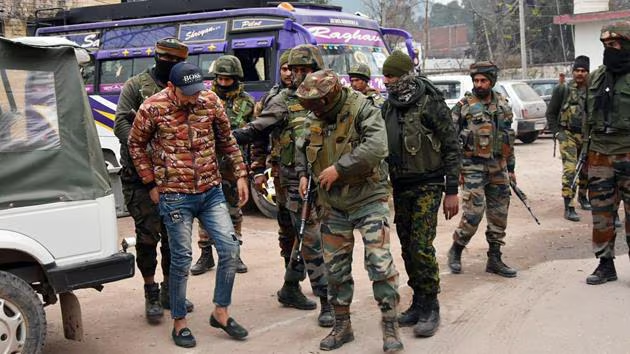
 Faizul Hasan Khan
Faizul Hasan Khan
Muslim presence in the Indian armed forces, the Police, and bureaucracy has been on the rise. Every year, Muslim youth rise to the limelight due to their outstanding performance in UPSC exams, distinction in police services, or achievements in military service.
In this graph, Muslim women are making their mark as effectively as their male counterparts. Today, Muslim young women are serving in the Navy, Air Force, and military – unimaginable till a few years ago.
In recent years, the civil and police services have seen an increase of about 3 percent in Muslims making it. This is today pegged at 3.31 and 3.66 percent, respectively. Similarly, there is a perceptible increase in the states’ police and the Central Armed Police Forces.
In contrast, Muslims, with a 14.3 percent population share (2011 census), account for just 2 percent in the armed forces. On the other hand, despite mass-scale immigration and attractive employment options, the Sikhs, another minority with a paltry 1.72 percent population share, have 15 and 20 percent share in other ranks and officers’ categories, respectively. Similarly, the Christians, with 2.3 percent population share, have matching representation in the armed forces.
However, statistics must not outflank the enthusiasm of Muslims for their commitment to serve the country in uniform and at the borders.
Service in Military
Since 1947, India has been at war in Kashmir. The 1947-48 saw a Muslim waltz into the annals of Indian military history – Brigadier Muhammad Usman whose bravery secured Kashmir for India. In 1971, 1965, and 1999, the Kashmir front saw the full-fledged war engulfing the wider region in its flames. Indians fought valiantly and pushed back enemies deep into their barracks. Among a galaxy of heroes, Muslims like Havildar Abdul Hameed, Col Mustafa, Lt-Gen Zameeruddin Shah, and Lt-Gen Syed Ata Hasnain carved their names in chivalry.
In addition, Muslims all across India joined war assistance efforts by organising blood banks, gathering donations, organising emergency recruitment camps, and sending hordes of Muslim youth to the borders.

Lt Gen (retd) Syed Ata Hasnain in Kashmir
However, despite such a starry and passionate penchant to serve with soldiers or themselves in uniform, Muslims’ direct participation in armed forces is dismal. Is it a lack of motivation, a question of career choice or, as it is sometimes suggested, just apathy?
Let’s see the case of Muslims vis-à-vis Sikhs or Punjabis. Primarily, it is parents, society, and teachers who play an important role in shaping and motivating the youth to select a career. All Punjabis (including those in West Punjab) in general and Sikhs in particular have imbibed family and community support, motivated by the educational and religious institutions to channel youth to opt for a military career. Rightly so, the Punjabis not only enjoy a sizable presence in India but also dominate the military in Pakistan.
All these aspects are inexplicably missing amongst Muslims. Apart from the national effort, which undoubtedly must speed up, it is the “in-house” initiatives that must provide initial grooming and motivation. First of all, the parents, who, by citing the contributions made by their community both during the pre- and post-Independence epoch, must encourage and motivate their wards to choose an Army career. Educational institutions, most importantly the “community-run” institutions, must take over to further channel the youth towards a military career.
Muslim youths need to learn that a career in the military is not only about serving the country with the highest form of pride and distinction; it is one of the most professionally rewarding as well. A military officer never goes out of work, even after retirement. His or her disciplined and dutiful grooming makes him or her most sought after in many fields.
When Col Sofia Qureshi addressed the press briefing during Operation Sindoor in May 2025, her articulation and poise as an accomplished officer in military gears not only brought laurels to the country, it inspired youths of India – both men and women – to seek career and honour while serving the nation in uniform.
Police Force and IAS
At the time of Independence in 1947, there were 980 ICS officers, including 468 Europeans, 352 Hindus, 101 Muslims, 25 Indian Christians, 13 Parsis, 10 Sikhs, and four from other communities. The ICS (Indian Civil Services) was a colonial precursor of the IAS. The percentage of Muslim officers in 1947 was 10.3 which was well below the community’s population 24%, yet a formidable figure.
Years later, a report of the retired Chief Justice of Delhi High Court, Rajinder Sachar, found in 2006 that Muslims were lagging in all social sections in India, and they were utterly underrepresented in IAS, IFS, and IPS. Muslim representation in the bureaucracy stood at three to four percent in 2006, stagnant for over one and a half decades. The UPSC exam data for 2003 and 2004 concluded that out of 11,537 candidates who appeared for the CSE Mains in those two years, only 283 were Muslims, or 4.9 percent.
In the seven decades from 1951 to 2020, a total of 411 out of 11,569 IAS officers were Muslims or simply 3.55 percent.

The Jammu and Kashmir Police personnel on duty
In the backdrop of this bleak scenario, the community didn’t drown in despair. It rather bounced back with a new vigor and determination. In 2016, for the first time in history, 50 Muslims were selected through the UPSC, with 10 making it to the top 100. Since that year, the percentage of Muslim candidates has remained around five percent, up 2.5 percent since Independence.
Currently, the country has one IAS or IPS officer among every 5.73 lakh Muslims. There are 180 Muslims out of 5,464 IAS officers across the country. The IPS counts 151 Muslims, and 35 are in IFS.The desperation among Muslims to crack the UPSC exam highlights the wish for protection, privilege, and the desire to secure a share of power within the system and also a strong urge to rise as officers. It is a sign that Muslim UPSC aspirants have faith in the system and are just like other Indians with the same aspirations.
Muslims are scripting new epochs. In Jammu and Kashmir, a majority of the police personnel are Muslims. Besides, individual Muslim officers, mostly women, just like Col Qureshi, are making their mark with exceptional service records.
ALSO READ: NTPC officer Jameel Akhtar chose singlehood for educating poor children
It’s encouraging to see that Muslims have faith in national institutions. They need to only fire up their passion to serve their country in every capacity. It will not only change their fate, but it will also change the national landscape, with India steering towards diversity in unity that has been its civilisational motto.
Dr. Faizul Hasan Khan is the Former President of AMU Students Union and Director of IDRF
